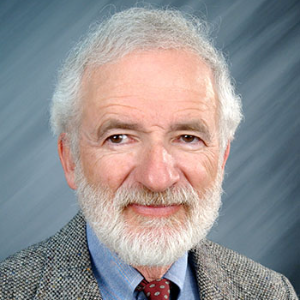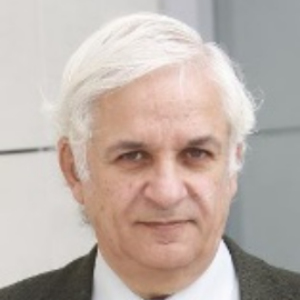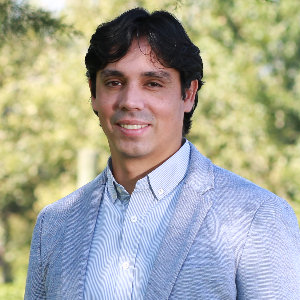HYBRID EVENT: You can participate in person at Boston, Massachusetts, USA or Virtually from your home or work.
Reticular Chemistry
Reticular Chemistry
The science of combining molecular building blocks by strong bonds to form crystalline open frameworks, known as reticular chemistry, has greatly enlarged the range of chemical compounds and materials available. Metal-organic frameworks (MOFs) and covalent organic frameworks (COFs) are examples of how this chemistry is applied and show the molecular-level control over matter. Reticular chemistry is concerned with the use of strong bonds to bind molecular building pieces into specific configurations. The materials that are frequently the targets of reticular synthesis are thermally resistant and porous materials.
Committee Members

Arthur J Nozik
University of Colorado, United States
Stanislaw Dzwigaj
Sorbonne-Universite-CNRS, France
Haibo Ge
Texas Tech University, United States Catalysis 2023 Speakers

Ashanendu Mandal
University Of Calcutta, India
Victor Cerda
Sciware Systems, Spain
Tokeer Ahmad
Jamia Millia Islamia, India


Title : Application of metal Single-Site zeolite catalysts in catalysis
Stanislaw Dzwigaj, Sorbonne-Universite-CNRS, France
Title : Designing of nano-sized heterostructures for hydrogen production using overall water splitting
Tokeer Ahmad, Jamia Millia Islamia, India
Title : United Nations’ strategy responding to climate change
Dai Yeun Jeong, Asia Climate Change Education Center, Korea, Republic of
Title : Thermal and mechanical processes and reactions in reversible behavior of shape
Osman Adiguzel, Firat University, Turkey
Title : An innovative magnetic resonance spectroscopic method for catalysts’ activities
Mohamed A Morsy, King Fahd University of Petroleum & Minerals, Saudi Arabia
Title : Engineering stable, expressible, functional industrial enzymes with protein sequence likelihood models
Shawn Reeves, University Of Waterloo, Canada